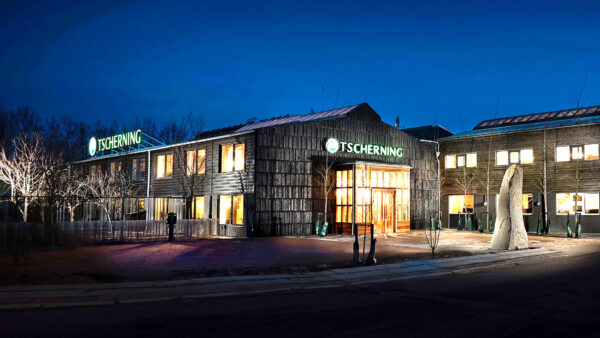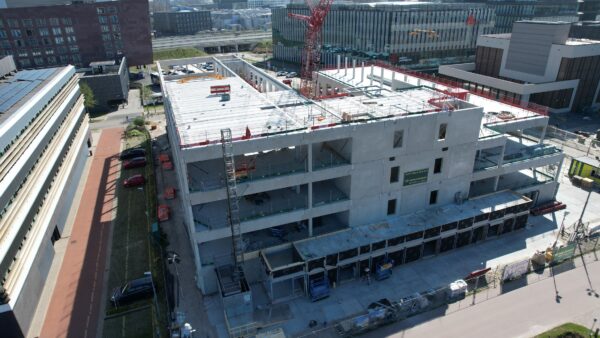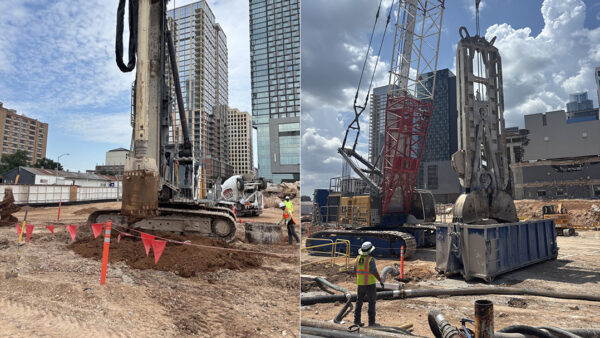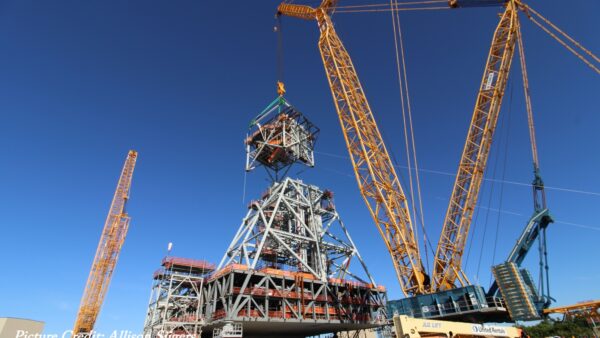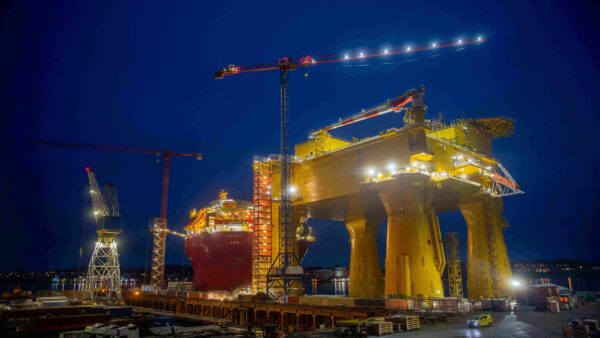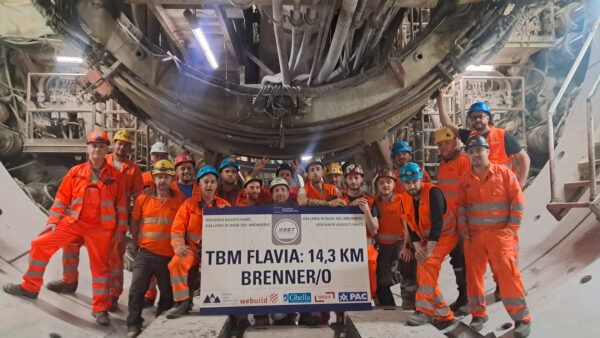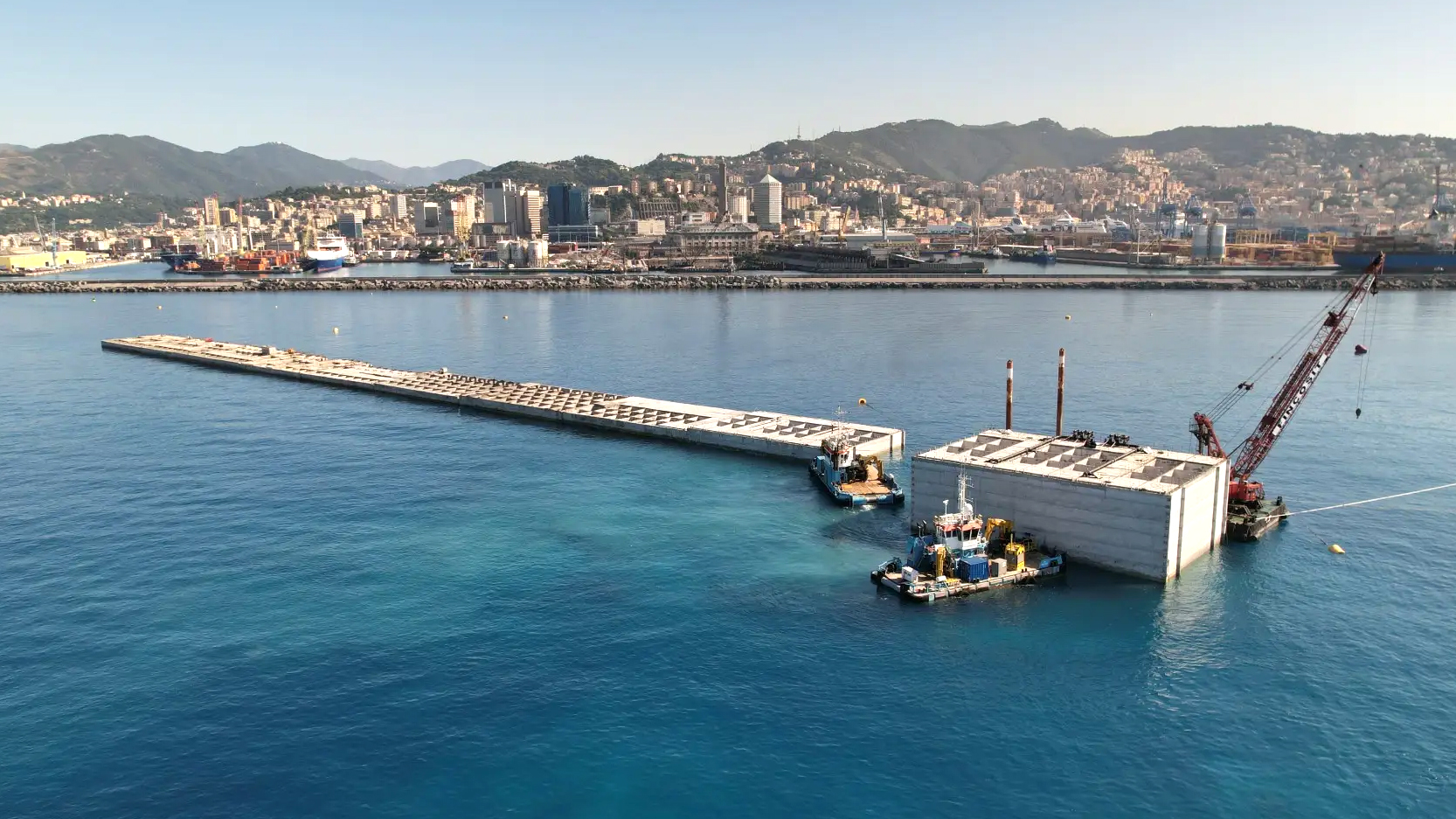
The Webuild-led consortium building a new 6km-long breakwater off the Port of Genoa has notched up two notable milestones: the sinking of its 10th caisson and the completion of 34,000 gravel columns to stabilise the seabed.
The PerGenova Breakwater Consortium is 40% owned by Webuild and includes Fincantieri Infrastructure Opere Marittime, Fincosit, and Sidra.
The Western Ligurian Sea Port Authority awarded the €928m contract to it in October 2022.
It will push the outer barrier of the harbour 450m farther out to sea from the existing breakwater so that ultra-large container ships can dock and turn in calm water.
The expansion of the harbour area is expected to boost traffic by up to 30% between 2027, when the first, 4km-long section is due to be finished, and 2030, when the second, 2km-long section is done.
Preparing the seabed
With the 10th caisson in place, the consortium will start prefabricating the larger caissons, which are up to 67m long, 35m wide, and nearly 34m high.
They’ll be built inside the “Tronds Barge 33” prefabrication dock in Vado Ligure, some 54km along the coast west of Genoa, barged to location and sunk to depths of up to 50m.
To stabilise the seabed, the consortium has completed 34,000 gravel columns, more than half the total planned.
Located at depths of between 25m and 50m, they are just over a metre in diameter and 13.5m deep.
They are made from a layer of more than two million tonnes of gravel, mostly from Spain, previously laid on the seabed.
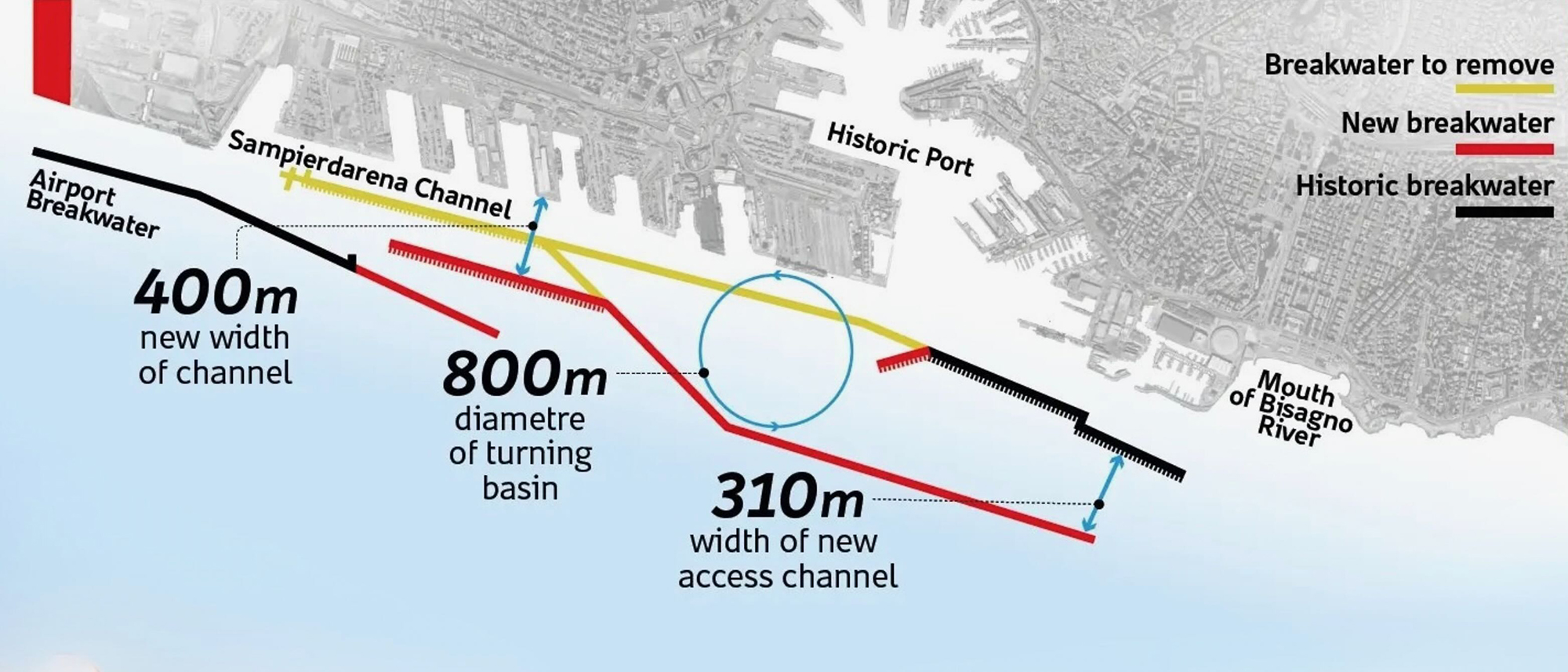
The consortium uses eight vibroflot devices: 20m-plus-long needle-shaped instruments that gradually penetrate the seabed, breaking the soil with jets of pressurised water to make holes for the gravel to fall into for compaction.
Crews of more than 450 people work from three pontoons, the largest more than 150m long, with cranes measuring up to 40m in height.
€4.2bn income boost
The new breakwater will allow ships up to 400m in length to access the port, boosting its contribution to the Rhine-Alpine Corridor of the EU’s Trans-European Transport Network.
The port authority expects the expansion to lead to a €4.2bn boost in income from container traffic, port rights, and taxes.
• Subscribe here to get stories about construction around the world in your inbox three times a week

